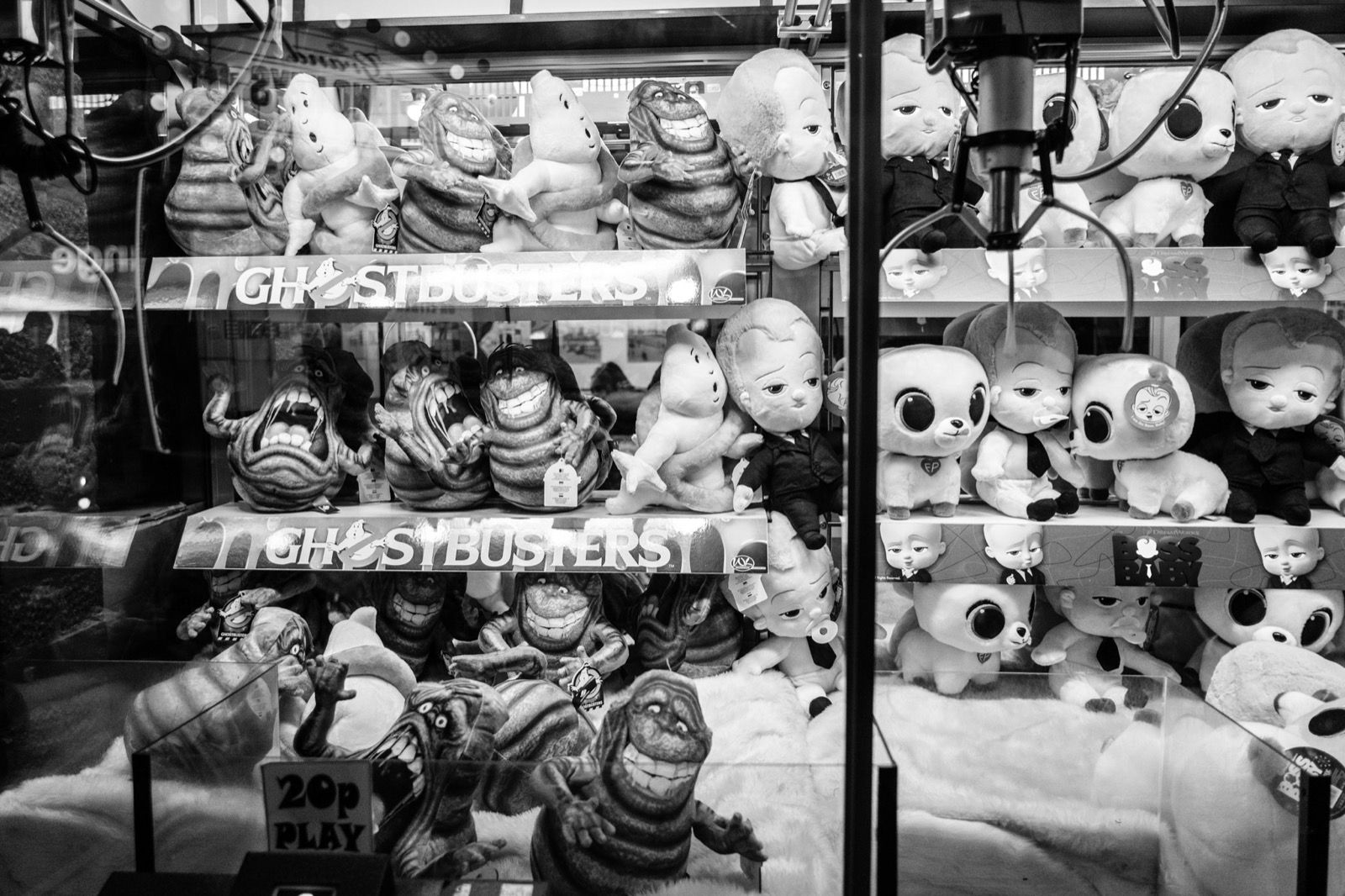The summer 2019 Twitter burnout

I haven’t dropped off the face of the planet, although I have decided to suspend all personal social media activity for a while.
It’s seven o’clock, and I’d usually be about halfway through my morning walk, but there’s a storm blowing out there and it’s been raining torrentially for twelve hours so I thought that now would be a good time to catch up on my blogging. Here’s what’s happening with me at the moment, and why I’m taking an extended break from my personal social media accounts1. If you sometimes find yourself suffering from anxiety when using social media, this may help you.
Just over a week ago, the UKWildCamp story spread like wildfire on Twitter. I won’t go into the details here – you can read my news story if you don’t know the background – but one characteristic of this event was the fast-paced, high-volume nature of discussion on Twitter, leaping from thread to thread, evolving by the minute. This side of social media can have both positive and negative effects. On the plus side, the misguided pilot scheme to charge for ‘wild’ camping was successfully squashed by the outdoor community due to tremendous pressure on social media. This is tangible evidence of the power of social media to effect change in the real world. But on the other hand, the incident completely overwhelmed my own ability to cope with Twitter.
I have a love/hate relationship with Twitter. In February 2019 I left the internet for a month while I hiked the Cape Wrath Trail, and one of the things I wanted to figure out during my offline spell was my relationship with social media. I came out of the experience significantly less cynical about it and with a much more realistic idea about its true impact on my mental health (more here). However, while I now consider myself more able to use Twitter mindfully than I was a year ago, it still has risks, and contributing to overwhelm is one of them.
As the UKWildCamp incident intensified, the notifications racked up on my personal account. I didn’t even tweet that often – just a few posts and a few @ replies – and my tweets didn’t even go particularly viral, but a few hundred notifications on a highly charged topic were enough to make me recoil from the platform like a slug from a lettuce leaf covered in salt. My brain simply is not wired to take in so many opinions, expressed in such a forceful way, in such a brief period of time – yet in a perverse way I am also drawn to such whirlpools of activity, and often find myself participating in them for a while, taken up in the collective energy, until suddenly I’m burned out and anxious and hit by a massive dose of solitude deprivation2. And it can’t even be said that this was due to spending too much time on Twitter, because these effects took hold over only a few hours, spread over perhaps three days. But the intensity and volume were just too much for me. It felt like a physical onslaught or an attack.
Too many inputs, too many ideas from other minds, too many things to form an opinion on and be worried about, not enough time with my own thoughts considering my own priorities, and all too fast: these are familiar stressors that feed in to my anxiety.
Solitude is impossible on the internet. Twitter is the internet amped up to 100x. I require solitude in big, multi-hour chunks in order to function as a human being. Therefore, from time to time, I need to step away from the noise and the frenetic speed of it.
Twitter is such a weird place. I’ve made so many valuable human connections there, both personal and professional. It can be a wonderful platform for sharing and discussing ideas. Genuinely interesting and enriching conversations can be found there. It can also be a throbbing maelstrom of stress, anxiety and overwhelm. I am learning more about how to use the platform in a way that works best for me, and that involves taking regular – and sometimes lengthy – breaks when I have to.
I’ll certainly be back. I value Twitter (and the connections I’ve made there) far too much to quit – that’s something my portable Walden Zone experiment taught me. Will I return to Twitter and Instagram before I head to the Pyrenees in just over a month? Will I use social media on my next long-distance hike? I’m not sure. There’s every chance I might take the opportunity to take a longer break and return in September. Who knows what benefits such an extended break might bring? I might even find the time to start working on that book. But however long I’ll be away, I’m going to look forward to returning, and to me that indicates an evolution in my thinking regarding social media. It isn’t all bad, and it isn’t all good, but we all must learn to use it in the way that best suits our own nature.
- I‘ll continued to blog when I have time – I have a few half–finished drafts sitting on my desktop – and I’ve switched IfTTT back on, which means that blog posts will be automatically propagated to Twitter. But don‘t @ me or message me, because I won’t read your comments until I log back in. ↩
- In Digital Minimalism, Cal Newport defines ‘solitude deprivation’ as ‘A state in which you spend close to zero time alone with your own thoughts and free from input from other minds.’ This is close to the experience of too much Twitter. It can be exhilarating, but also exhausting, and I know from past experience that it’s bad for me. ↩
Alex Roddie Newsletter
Join the newsletter to receive the latest updates in your inbox.



